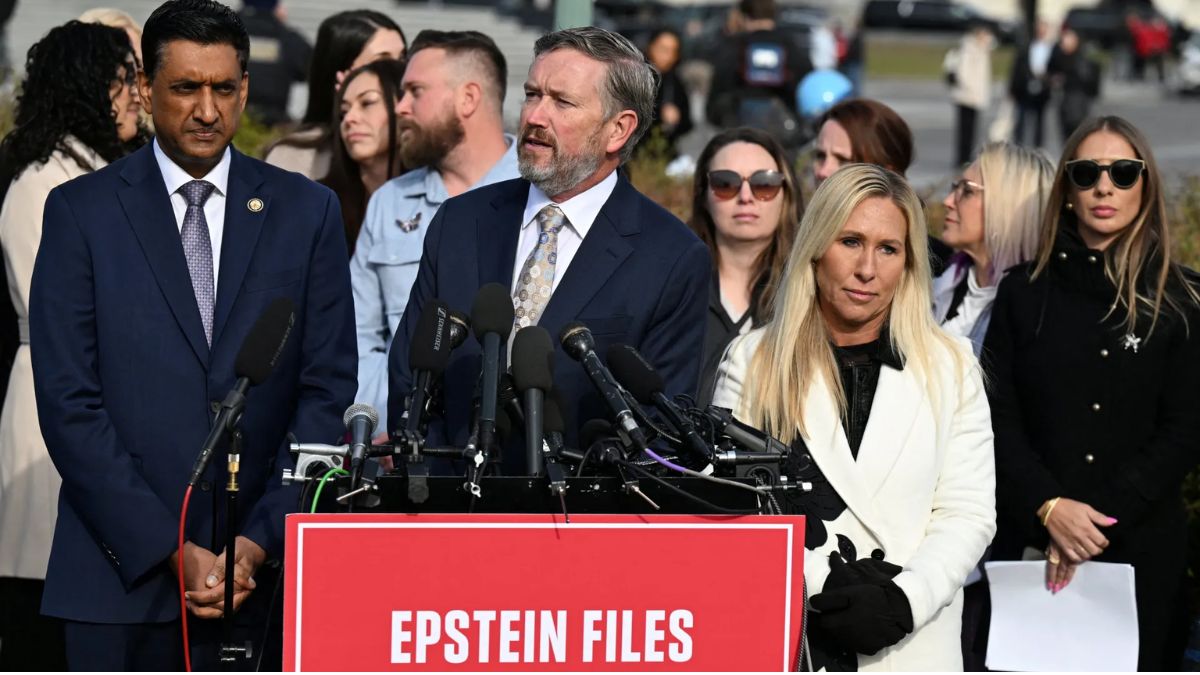The U.S. Senate has formally approved a bill compelling the Justice Department to make public additional files related to the case built against the late convicted sex offender Jeffrey Epstein. This marks a major step toward transparency in a case that has long generated national attention.
Fast-Tracked Approval in Congress
House Clears the Bill First
Earlier in the week, the House of Representatives overwhelmingly passed the legislation, ensuring it would move quickly to the Senate.
Senate Pre-Agreements Ensured Swift Passage
Senators had already agreed in advance that the bill would be automatically approved as soon as it arrived from the House. This procedural move eliminated delays and pushed the bill forward without extended debate.
President Trump Expected to Sign the Bill
Trump Indicates Support
The legislation now moves to President Donald Trump, who has stated he intends to sign it once it reaches his desk.
Late Concerns from House Speaker
House Speaker Mike Johnson attempted to introduce last-minute modifications to the bill and did not completely dismiss the idea of urging Trump to veto it. Despite those concerns, the bill is still expected to become law.
What Happens Next?
Justice Department Given 30 Days
Once signed, the Justice Department will have 30 days to release the requested documents.
Redactions Will Protect Victims
The materials must be published with appropriate redactions to safeguard Epstein’s victims, ensuring sensitive information remains confidential.
The passage of this bill signals a significant shift toward transparency in the long-scrutinized Jeffrey Epstein case.
With bipartisan support and the president’s expected signature, the Justice Department will soon be required to reveal previously undisclosed information, while still protecting the identities and safety of victims.
This move is intended to provide clarity, accountability, and public insight into one of the most controversial criminal cases in recent memory.



